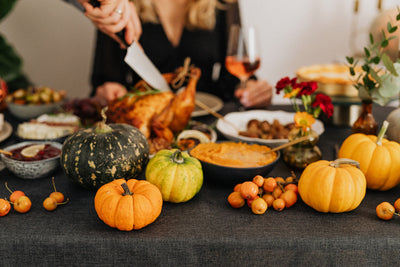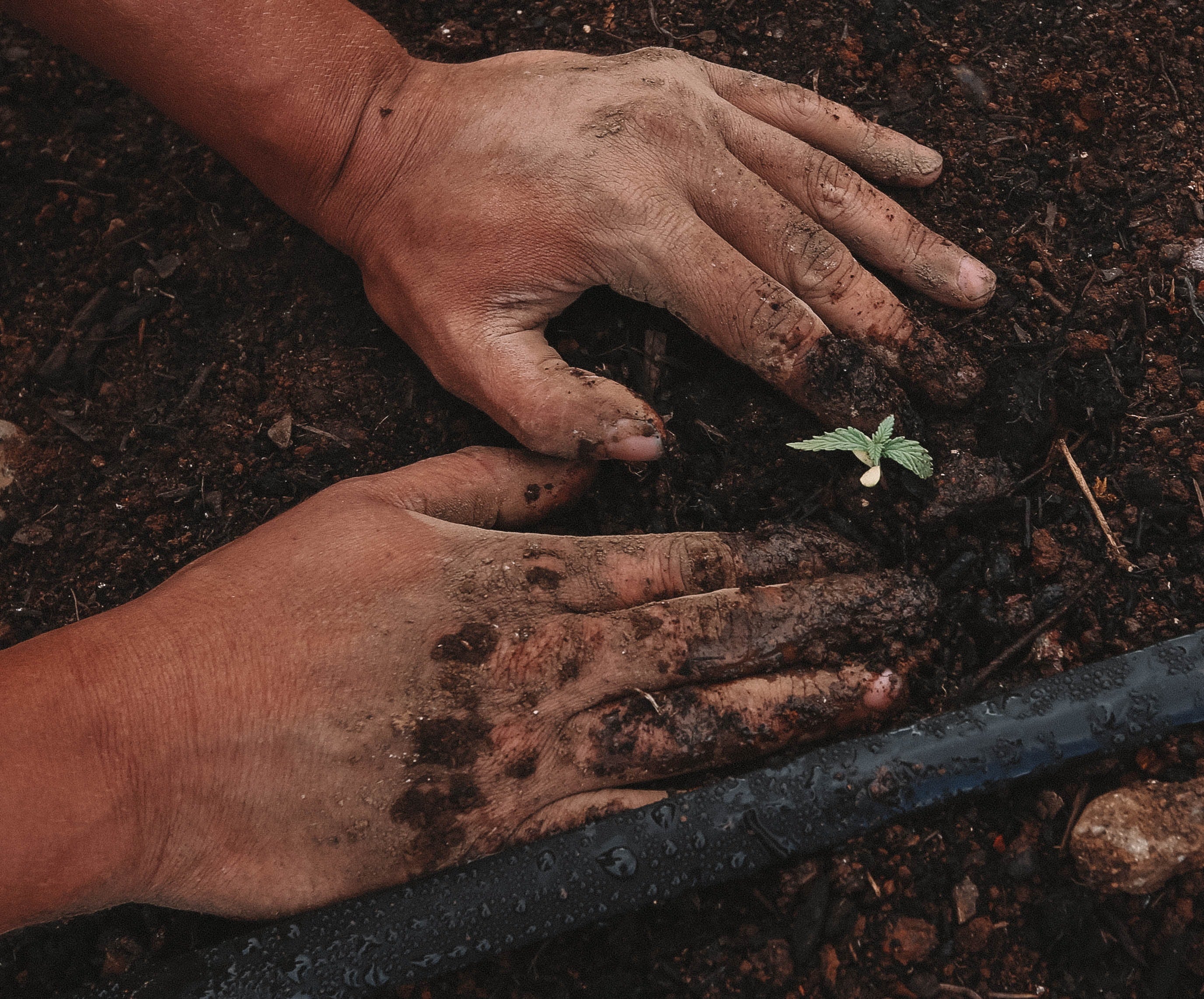Seeds are the unsung heroes of the natural world. These tiny powerhouses contain the genetic information necessary to give rise to new life. Whether you're a seasoned gardener or just starting your journey into the world of plants, understanding how long seeds last and how to store them for specific seasons is essential knowledge. At Seed Armory, we're passionate about helping you make the most of your heirloom seeds, and that begins with proper storage. In this comprehensive guide, we'll delve into the fascinating world of seed longevity and share tips on how to store your seeds effectively for different seasons.
The Lifespan of Seeds
Seeds, like any living organisms, have a finite lifespan. However, the length of this lifespan varies significantly depending on the type of seed, environmental factors, and how well they are stored. Here are some general guidelines on the longevity of common seeds:
-
Short-Lived Seeds:
- These seeds typically have a shorter lifespan, usually one to two years. Examples include lettuce, radishes, and onions.
- Store these seeds meticulously to maximize their viability over time.
-
Medium-Lived Seeds:
- Medium-lived seeds can last between three to five years when properly stored. Examples include beans, peas, and carrots.
- Pay attention to storage conditions to extend their viability.
-
Long-Lived Seeds:
- Some seeds have an impressively long lifespan, spanning five to ten years or even more. Examples include tomatoes, peppers, and many herbs.
- With careful storage, these seeds can retain their viability for extended periods.
Now that you have a general idea of seed lifespans, let's dive into the nitty-gritty of how to store them effectively for specific seasons.
Storing Seeds for Spring Planting
Spring is the season of rebirth and renewal in the garden. To ensure a bountiful spring harvest, you must prepare your seeds well in advance. Here's how to store seeds for spring planting:
-
Keep Seeds Cool and Dry:
- Moisture and warmth are the enemies of seed viability. Store your spring seeds in a cool, dry place to prevent mold and premature germination.
-
Use Airtight Containers:
- Transfer your seeds into airtight containers to protect them from moisture and pests. Mason jars or seed-saving envelopes work well for this purpose.
-
Label Your Containers:
- Clearly label each container with the seed variety and the date of storage. This will help you keep track of their freshness.
-
Maintain Consistent Temperatures:
- Fluctuations in temperature can reduce seed viability. Aim to keep the storage area at a stable, cool temperature, ideally between 32°F to 41°F (0°C to 5°C).
-
Perform Germination Tests:
- A few weeks before planting, conduct a germination test with a small sample of your seeds to ensure their viability.

Storing Seeds for Summer Planting
Summer is a time of growth and abundance, and your seed storage practices should align with this vibrant season. Here's how to store seeds for summer planting:
-
Keep Seeds in a Cool Location:
- Despite the summer heat, find a cool, dark place to store your seeds. A basement or a refrigerator set to a seed-friendly temperature can work wonders.
-
Use Moisture-Resistant Packaging:
- Summer often brings higher humidity levels. Opt for moisture-resistant seed containers to prevent your seeds from absorbing excess moisture.
-
Rotate Your Seed Stock:
- If you have seeds that are nearing the end of their viability, prioritize using them in your summer garden to make space for fresh seeds in the fall.
-
Avoid Direct Sunlight:
- Sunlight can heat up storage areas and reduce seed viability. Keep your seeds away from direct sunlight.
-
Regularly Inspect Your Seeds:
- Periodically check your seed stock for signs of mold, moisture, or pests. Early detection can save your seeds.
Storing Seeds for Fall Planting
Fall is the season of harvest and preparation for the cold months ahead. Storing seeds for fall planting is crucial for ensuring a productive autumn and winter garden. Here's how to do it:
-
Dry Seeds Thoroughly:
- Before storing seeds for fall, ensure they are completely dry. Lay them out in a single layer to air-dry, and make sure they are free from any moisture.
-
Choose Appropriate Containers:
- For fall storage, opt for containers that allow for good airflow. Paper envelopes or breathable fabric bags can help prevent excess moisture buildup.
-
Store in a Cool, Dark Place:
- Similar to spring and summer, maintain a cool and dark storage environment to keep your seeds in top condition.
-
Prioritize Seed Saving:
- Fall is an excellent time to save seeds from your own garden for future use. Learn the art of seed saving to become more self-reliant in your gardening endeavors.
-
Plan for Early Planting:
- If you live in a region with mild winters, consider early fall planting to take advantage of the still-warm soil and extend your growing season.
Storing Seeds for Winter Planting
Winter planting presents unique challenges due to the cold and frosty conditions. Here's how to store seeds for winter planting:
-
Use Insulated Containers:
- Insulated containers or seed storage boxes can help protect your seeds from freezing temperatures. Place them in a cellar or an insulated shed.
-
Layer with Dry Material:
- Store your seeds in containers layered with dry materials like rice or powdered milk to absorb any excess moisture and provide insulation.
-
Rotate Seed Stock:
- As with summer, use older seeds first, reserving the freshest ones for late winter or early spring planting.
-
Conduct Frequent Viability Tests:
- Winter storage can be harsh on seeds. Regularly test seed viability by germinating a small batch indoors to ensure they are still suitable for planting.
Seeds are not just life waiting to happen; they are a precious resource that requires thoughtful care. Understanding how long seeds last and how to store them for specific seasons is the key to successful gardening year-round. By following the guidelines outlined in this guide and using high-quality seeds from Seed Armory, you can unlock the full potential of your garden, whether you're planting in spring, summer, fall, or even winter. Happy gardening, and may your harvests be bountiful!











